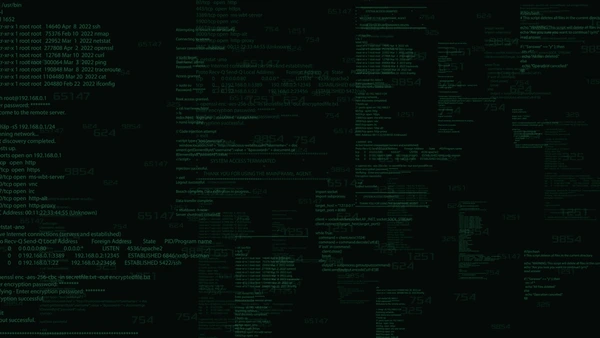Maintenance mode is on
🚧 We’re Currently Under Development
Our website is being updated to serve you better.
We’ll be back very soon with an improved experience.
Thank you for your patience.
🚧 We’re Currently Under Development
Our website is being updated to serve you better.
We’ll be back very soon with an improved experience.
Thank you for your patience.
